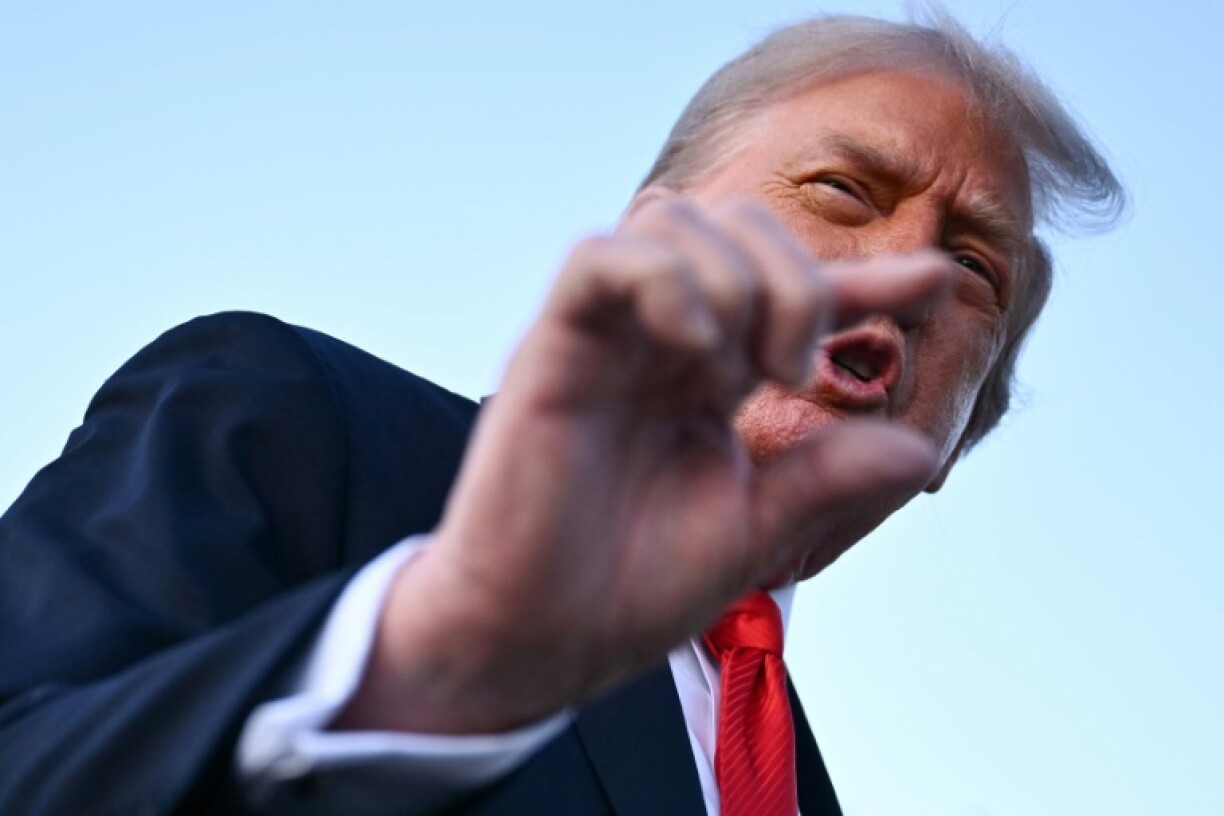
A new policy from the United States aimed at lowering domestic drug prices risks triggering increased costs for medicines in Luxembourg and across Europe.
The move comes as US President Donald Trump seeks to alter the market-based pricing of pharmaceuticals in his country. Should negotiations with drug manufacturers not yield significant price reductions by the end of September, the administration intends to implement a “most favoured nation” clause. This policy would mandate that medicines cannot be sold in the US at a price higher than the lowest rate charged in any other industrialised nation.
Due to the substantial influence of the US market – which accounts for over half of the global pharmaceutical industry’s sales – this measure could have significant international repercussions. There is a concern that companies, faced with potential revenue loss in their largest market, may seek to raise prices in smaller markets, such as those in Europe, to compensate.
This risk was highlighted by Romain Labe, General Secretary of Innovative Medicines for Luxembourg (IML), an association representing the interests of pharmaceutical research. Labe outlined three potential consequences: a sharp decrease in industry revenue, a disruption to the research and development cycle, and subsequent price hikes in Europe to restore financial balance. He further warned that such a shift could lead to significant delays in new drugs reaching the market or, in extreme cases, a complete lack of innovation for European patients.
Labe also stressed that increased investment is urgently needed to better prepare Europe for the potential impact of the US policy shift.
For numerous medicines, existing contracts remain in effect and cannot be unilaterally or immediately terminated. The fundamental difference in how drug prices are set lies at the heart of the matter. Unlike in the US, where prices are not centrally negotiated, Europe employs a rigorous, multi-tiered system.
“As a first step, all products must receive market authorisation from the European Medicines Agency”, explains Anne Otto, a pharmacist at Hôpitaux Robert Schuman. Subsequently, the price is negotiated individually within each member state.
In practice, Luxembourg typically aligns its drug prices with those in Belgium. Once a pharmaceutical company gains market authorisation, it enters into negotiations. For medicines in community pharmacies, the company negotiates with the National Health Fund (CNS). For products intended for hospital use, the Federation of Luxembourg Hospitals (FHL) engages in talks to secure the best possible price.
This structured, rules-based system is why medicine prices in Luxembourg are significantly lower than in the US. Price stability is ensured by the Grand-Ducal Regulation of 1 December 2011, which mandates that manufacturers must submit a formal “price-fixing request” to the Ministry of Health. The submitted price is thoroughly analysed and cannot exceed the price in the medicine’s designated “country of origin”.
According to the Ministry of Health, this strict regulatory framework is designed to insulate the domestic market from external shocks. Therefore, a unilateral measure in the US would not have a direct, immediate impact on established medicine prices in Luxembourg.
However, the potential for indirect, long-term effects remains. Should the US successfully enforce lower global prices, future negotiations for new, innovative medicines entering the Luxembourgish market could become more complex, potentially affecting their availability and final cost.